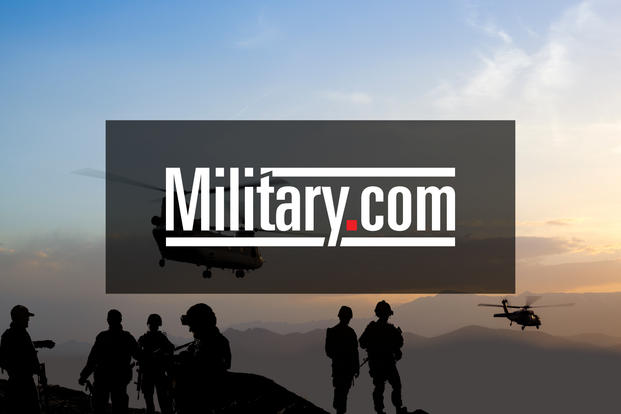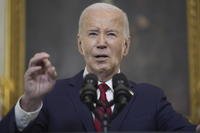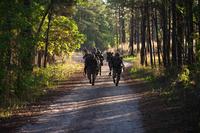The U.S. Army's top officer is planning to more than double the number of required annual training days for some National Guard units to reinforce the service's shrinking active force.
The service's current strategy of reducing the active force from 490,000 to 450,000 by 2018 is forcing leaders to depend on the National Guard to assist with potential future contingency missions, according to Army Chief of Staff Gen. Mark Milley.
"I am going to lean heavily on the Guard," Milley told an audience at a Dec. 14 National Security Forum sponsored by the Center for a New American Security.
In November, Milley asked Army Lt. Gen. Timothy Kadavy, the director for the Army National Guard, to assess readiness needs of the Guard.
"We are one Army, so what I need to do is not only maintain the readiness of the regular Army ... but I have got to increase the readiness of the National Guard," he said.
Currently, Guard units are required to train 39 days per year, Milley said.
"Maybe we need to look at changing that ... maybe I should take some of the Guard and significantly increase the number of training days they train in a given year -- maybe 60 to 100 days a year to reduce the response time on the back end when they get alerted and mobilized," Milley said.
In addition to downsizing, the active force has 50,000 solders that are non-deployable for medical, legal, or other administrative reasons, Sgt. Maj. of the Army Daniel Dailey said in November.
This means that the active force could become over-burdened rather quickly if the U.S. commits to a contingency mission such as a ground campaign against a threat like the Islamic State of Iraq and Syria, Milley said.
"We have to lean on the Guard, but that means that I have to get their readiness levels up to a level that is combat capable in the shortest amount of time post mobilization," Milley said. "Right now, if I was to call on a Guard unit, you are looking at 120 days before in conscience I can look myself in the eye and say, ‘They are ready to go to war.'"
Sending unprepared units into combat could result in death, Milley said.
"The only way I know how to ensure their readiness and reduce the response time is to increase the amount of training days for the National Guard on the front end, he said. "We owe it to the president, and we owe it to the American people to have forces sufficient in capacity and capability to respond quickly."
--Matthew Cox can be reached at matthew.cox@military.com.



























